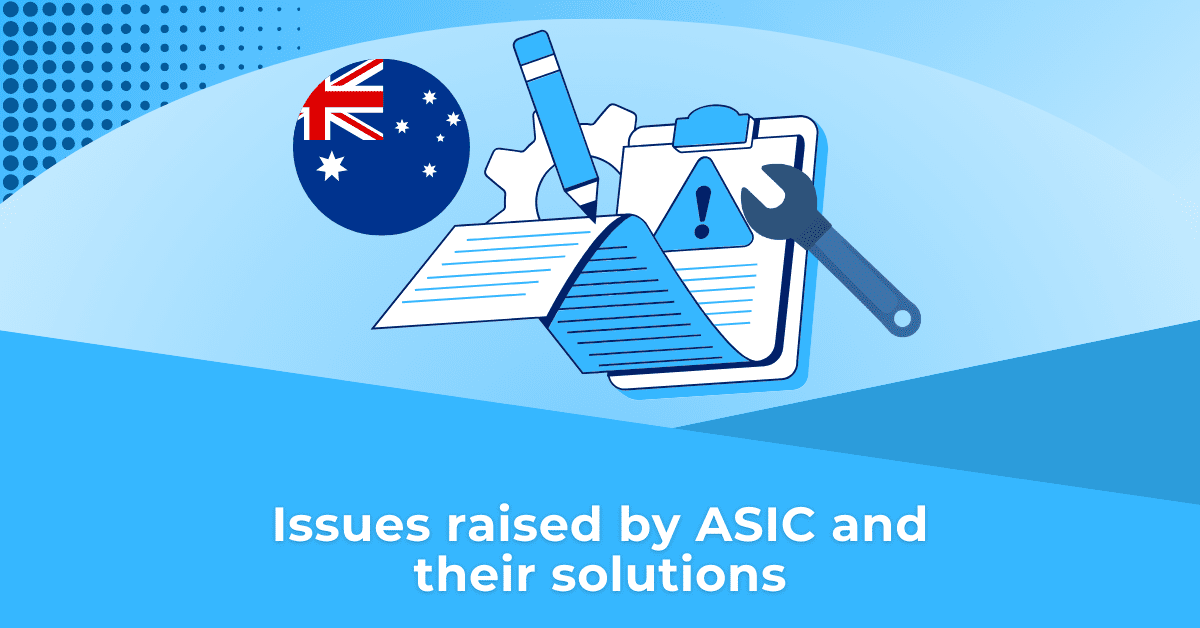The United Kingdom (UK) has severed ties with the European Union (EU) and the post-Brexit trade deal is operating but what does this mean for your trade/transaction reporting?
Your National Competent Authority (NCA) expects you to effectively manage your EMIR, MiFIR and SFTR requirements post-Brexit. TRAction explains how to ensure your transaction reports are being submitted to the correct Trade Repository (TR) and/or Approved Reporting Mechanism (ARM).
Who do you owe your reporting obligation to?
TRs and ARMs now need separate registrations with ESMA and the UK FCA. Firms such as DTCC and LSEG Post Trade (formerly UnaVista) now have separate UK-based and EU-based ARMs and TRs to overcome this problem. Investment firms (and their delegates) need to ensure they report their trades and transactions to the right place – see summary below:
| WRONG | CORRECT |
|---|---|
| Country of the other Counterparty | Country of the other Counterparty |
| UK | GB |
How should you manage this transition?
All investment firms should review their current arrangements and ensure they are compliant with post-Brexit reporting. This may mean setting up a new contract and reporting arrangements with a new TR/ARM which may or may not be related to the one currently being used. Firms using a delegated reporting provider should check that the appropriate arrangements are being made.
What are the post-Brexit reporting requirements under MiFIR and EMIR like?
MiFIR
Post-Brexit reporting obligations in the UK are the same as those under MiFIR/MiFID II as they have been adopted locally by the UK parliament. However, over time the UK is likely to make changes and diverge from the European requirements.
It is important to note that in the event where an EU investment firm has executed its transactions via a UK branch or vice versa, the entity will have a dual reporting obligation. The FCA made it clear that the branch will no longer be able to discharge the reporting obligations by transmitting orders to the other entities.
EMIR
In the post-Brexit environment, EMIR reports will need to be split by the jurisdiction of the investment firms rather than the location of its branches.
What to do if you haven’t yet managed a complete transition?
Market Watch 64 is significant as it seeks to clarify the FCA’s expectations for market participants with regard to the impact Brexit has on transaction reporting. If you haven’t already implemented the post-Brexit requirements, you need to do so quickly and review their Errors and Omissions reporting requirements. Specifically, the FCA stated:
“Firms that are not able to comply fully with the regime immediately following the end of the transition period will need to be able to back-report missing, incomplete or inaccurate transaction reports as soon as possible.”
TRAction keeps you up-to-date
If you would like to know more about how TRAction can help you to stay compliant with your EMIR, MiFIR and SFTR reporting obligations, please contact us.




